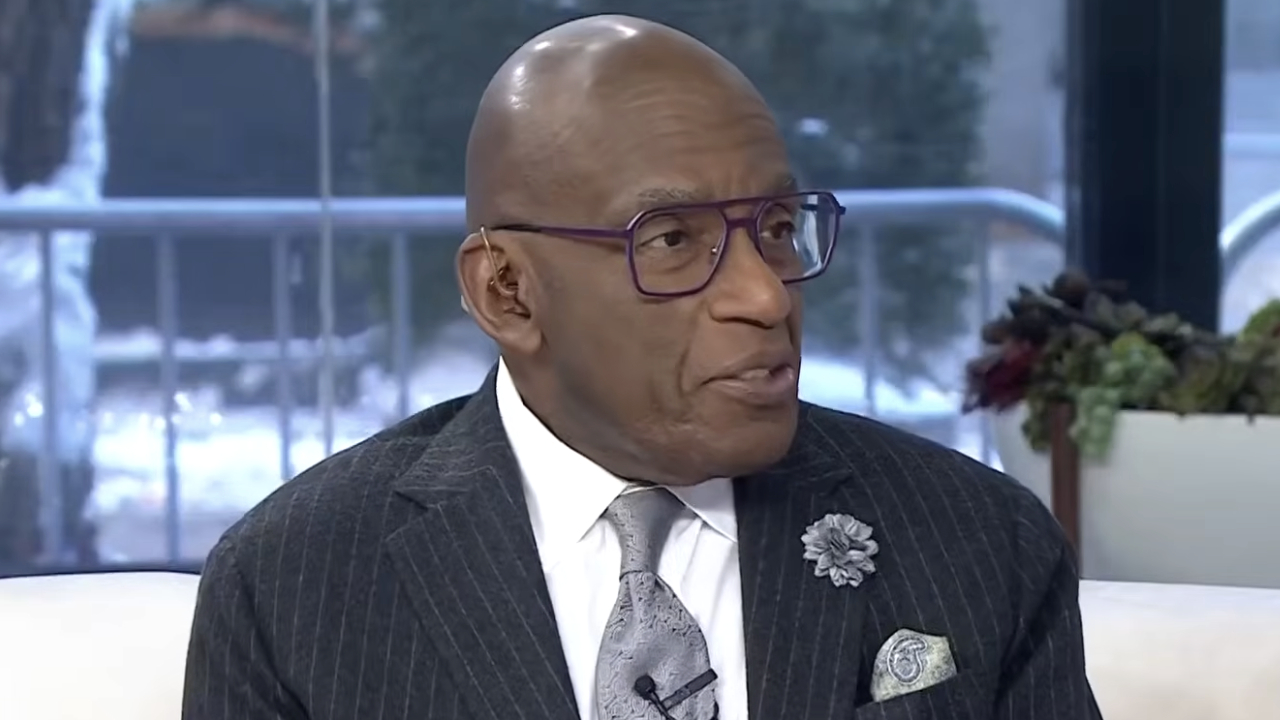Atlanta Series Finale Ending Explained: Was It All A Dream?
Yet another ambiguous series finale.
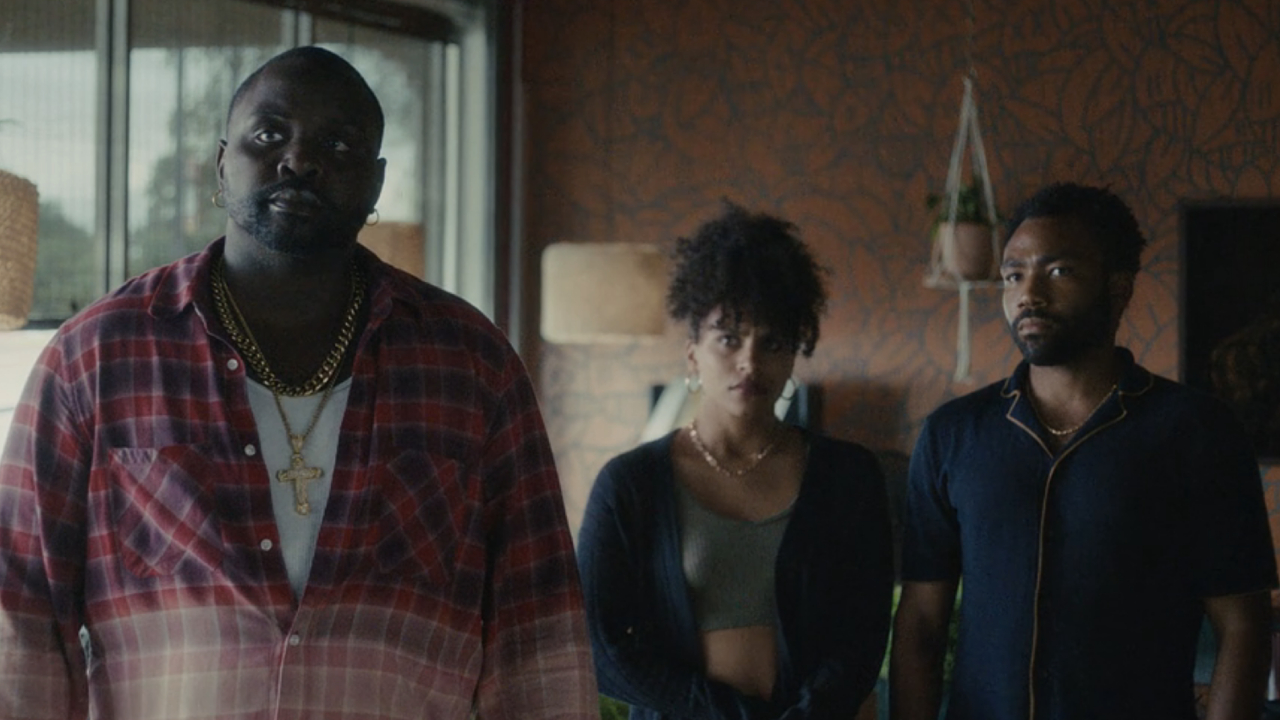
Your Daily Blend of Entertainment News
You are now subscribed
Your newsletter sign-up was successful
SPOILER WARNING: The following article goes deep into plot details of the series finale of Atlanta. Read on with caution if you're not caught up on the series!
What better way to say, “Goodbye,” to one of the stranger TV shows of all time with an added “What the hell?!” to that farewell? On Thursday, November 10, 2022, the last episode of one of Donald Glover’s most esteemed creations, Atlanta, aired on FX and, most appropriately, felt like any other — dazzlingly surreal with a healthy dose of poignant dark comedy — but, as the finale to the series’ fourth and final season, packed a greater emotional punch.
It also, notably, marked a vast departure from the rest of Season 4 — which, surprisingly, actually provided answers to some of our preemptive questions — and reminded me a lot of the Season 3 finale, which only gave us more to think about in the end. There is a lot to unpack about the Atlanta series finale ending, and I would not have had it any other way. Let’s see if we can reach a greater understanding of this wonderfully weird series one last time.
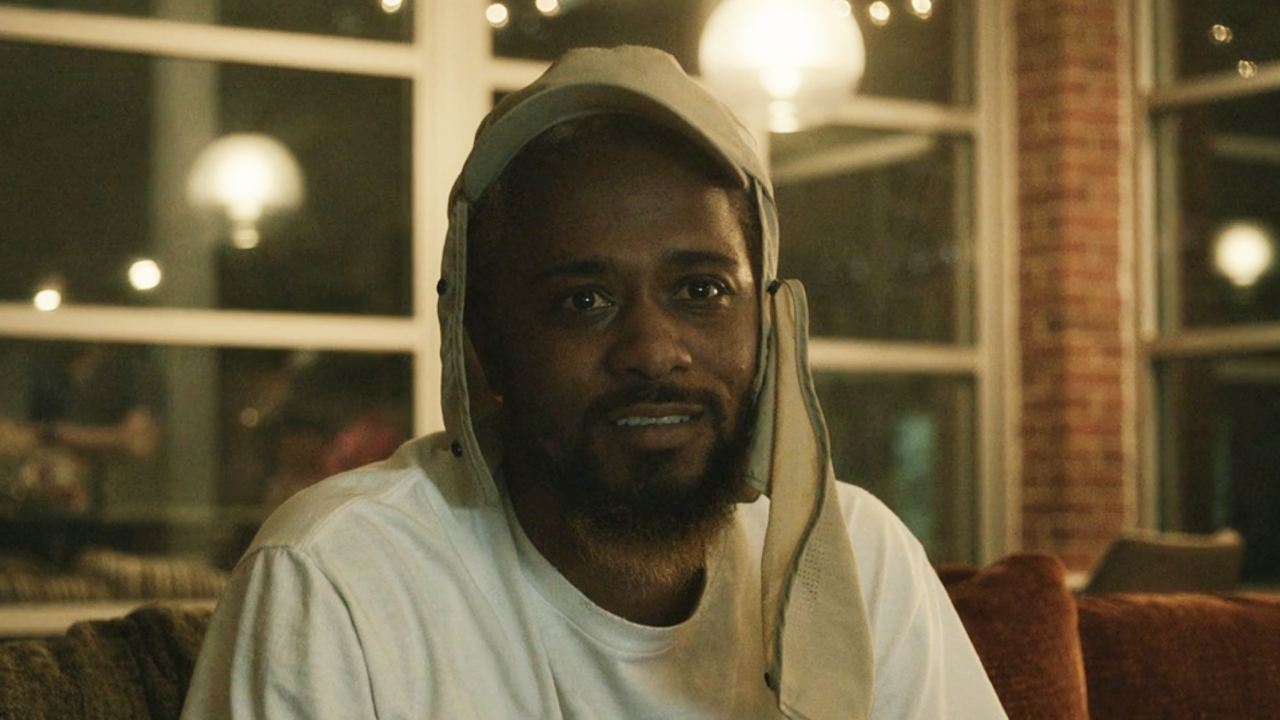
Atlanta Ends With A Question Of Darius’ Reality
The conclusion of the Atlanta series finale sees two tonally distant storylines suddenly converge when Darius (Academy Award nominee Lakeith Stanfield) rescues the rest of our main characters — Earn (Donald Glover), Al (Brian Tyree Henry), and Van (Zazie Beetz) — from a hostile situation at a sushi restaurant in a pink Maserati with zebra print interior we had never seen before. He reveals to the gang, after a long-awaited Popeye’s feast, that he actually stole the car from a valet, which makes the others concerned about the consequences. Darius assures them that he is not worried because, as he believes, his sensory deprivation tank appointment from this day is still in session.
When Earn tries to tell Darius that he is not in the tank but at Al’s house with his friends, he suggests that the other characters are just part of his dream and, perhaps, “always have been.” While the others step outside to enjoy some of Al’s own homegrown crops, Darius stays behind to wait for a clue that will confirm whether or not he is dreaming: a “thicc Judge Judy” will appear on the TV. He watches the world-famous judge’s reality show waiting to see the hint materialize, but we never get to see what he sees as he cracks a nervous smile and police sirens can be heard in the background.
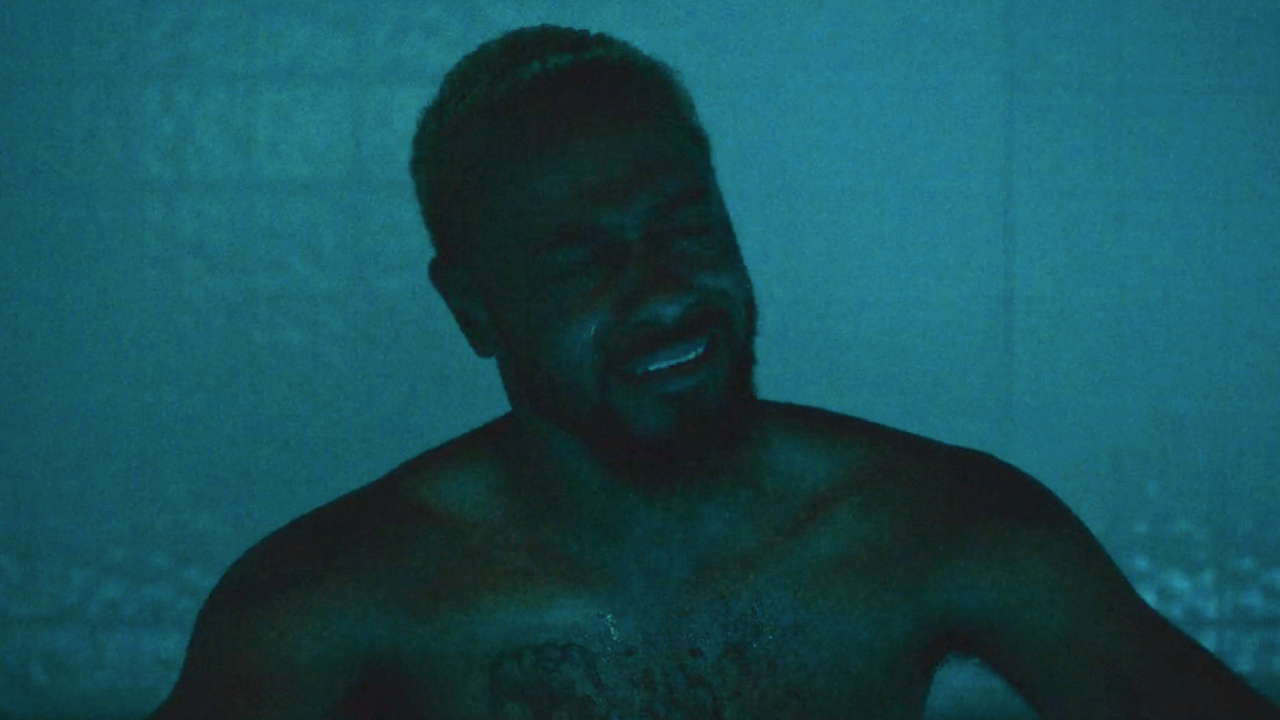
Was The Atlanta Series Finale All A Dream?
Honestly, we have every reason to believe that the Atlanta series finale — which is actually titled “It Was All a Dream” — was a product of a sensory deprived Darius’ subconscious mind in its entirety based on how often he “wakes up” in the tank alone. Some moments are more clearly a dream than others — namely Darius’ increasingly turbulent run-in with an old friend (Naté Jones) and a visit to his, apparently, deceased brother (Kevin Iso) — especially when “thicc Judge Judy” appears. However, because we never see the bizarre image — supposedly inspired by a viral meme — during the last shot, we cannot be sure if he really is out of the tank.
I was at least certain that every scene with Earn, Van, and Al at the sushi restaurant was real, but I could not assume that so confidently by the end. The episode had deceived me too many times throughout and, not to mention, the restaurant owner’s ominous confrontation with the Popeye’s-craving gang turned so strange that it easily could have been fantasy. A part of me actually hopes Darius is still in the tank because, if not, those police sirens are probably coming for him and that Maserati. However, if it is a dream, that means I might also have to rethink my perception of the show as a whole.
Your Daily Blend of Entertainment News
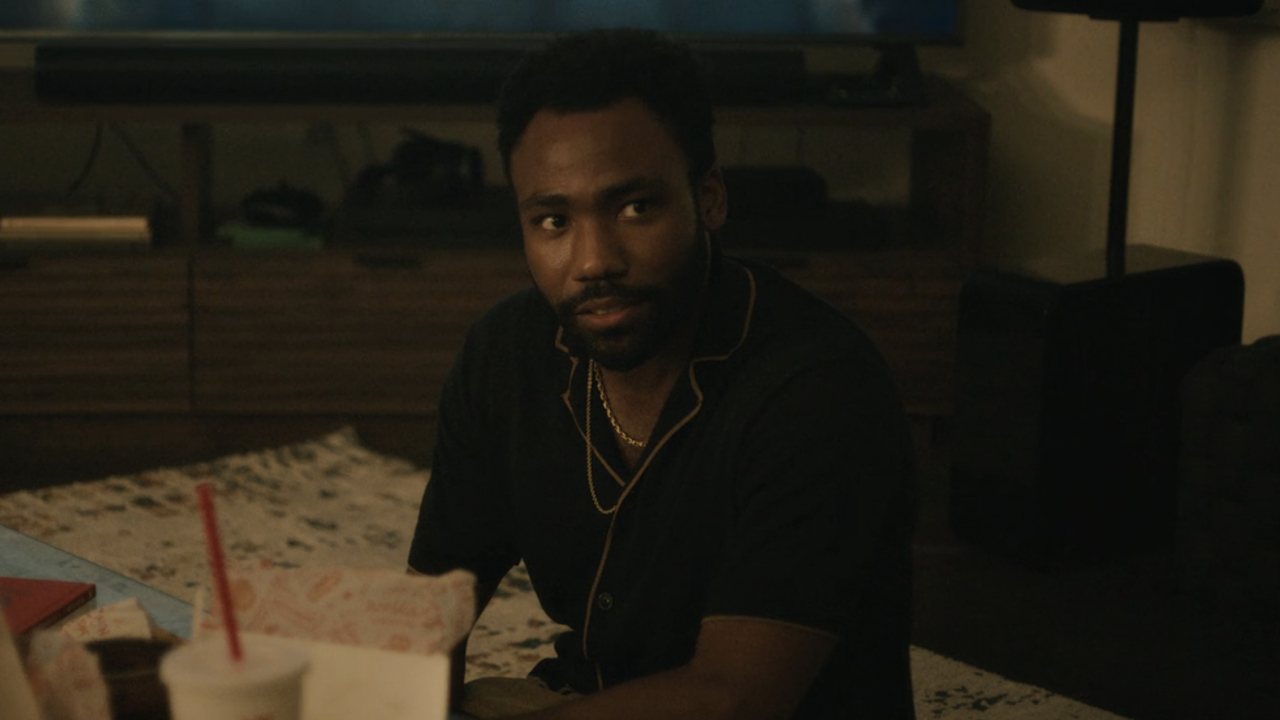
Was The Entire Series A Dream?
I’d say that we have every reason to believe that, when Darius suggests his friends “always have been” figments of his wild imagination during a sensory deprivation session, he might actually be on to something. When you look back at the best episodes of Atlanta, they are all unified by this distinct, dreamlike atmosphere complimented by some truly unbelievable moments ranging from invisible limos to haunted forests and plenty more. Director Hiro Murai, when discussing the finale with Vanity Fair, mentions how the show “always lived a couple inches off of the ground of reality” before adding the following:
And so what does it all mean: Is this a parallel universe, is it subjective absurdism, or is it all inside Darius’s dream? So we’re kind of playing with those expectations as well.
The Vanity Fair article also cites comparisons to other series that ended ambiguously — like The Sopranos — or with the reveal that they were just someone's dream the whole time — such as Newhart. This would certainly not be the first time the show poked fun at pop culture with its signature style of satirical humor either. However, we should take into account, as Murai also reveals in the interview, that this was not originally the last episode before the writers realized its emotional poignancy and ridiculous absurdism made it a perfect send-off, so we can just assume that specific satirical element was a happy accident.
Regardless of how we are meant to interpret the Atlanta series finale, I think it paints the ultimate portrait of why fans are going to miss this show now that it has ended. Its wonderfully unique characters, stunning surrealism, and profound social commentary made it unlike any other series on television during, or even before, its run. In fact, it would make sense if a show this good really turned out to be a dream of our own, but I guess that, just like all dreams, you have to wake up from them at some point.

Jason Wiese writes feature stories for CinemaBlend. His occupation results from years dreaming of a filmmaking career, settling on a "professional film fan" career, studying journalism at Lindenwood University in St. Charles, MO (where he served as Culture Editor for its student-run print and online publications), and a brief stint of reviewing movies for fun. He would later continue that side-hustle of film criticism on TikTok (@wiesewisdom), where he posts videos on a semi-weekly basis. Look for his name in almost any article about Batman.
